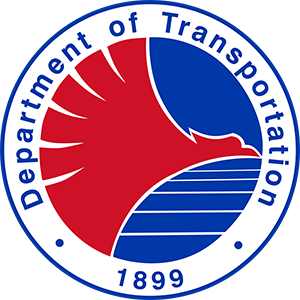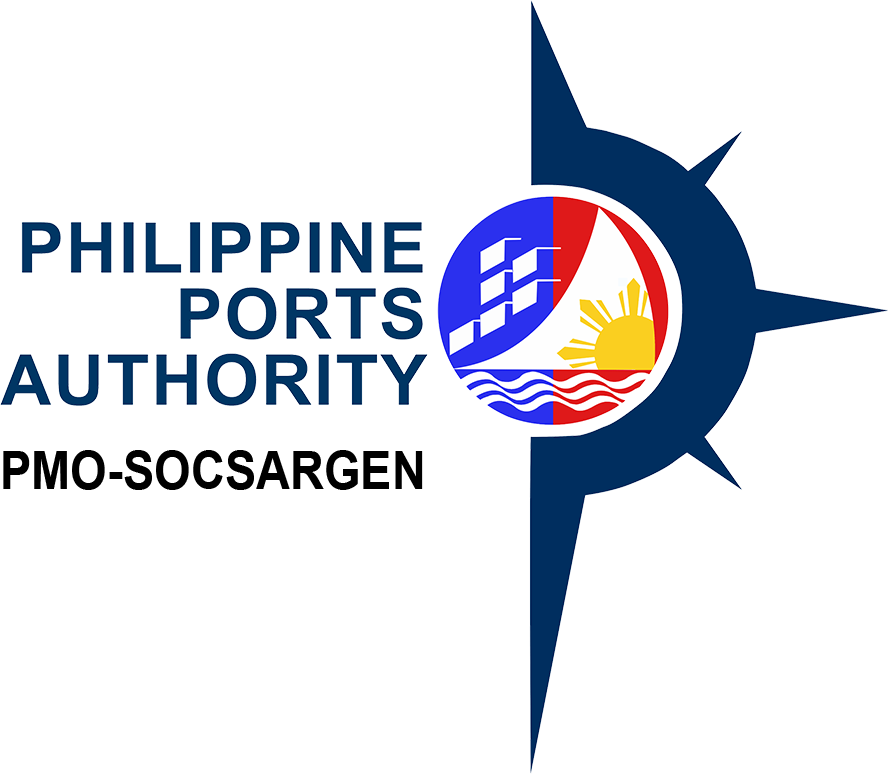HISTORY OF PORT MANAGEMENT OFFICE SOCSARGEN
Prior to the creation of PPA, port administration in the Philippines was merged with the traditional function of revenue collection of the Bureau of Customs (BOC). Port and harbor maintenance was the responsibility of the Bureau of Public Works (BPW). In the early 1970’s, there were already 591 national and municipal ports plus 200 private ports scattered all over the country necessitating the need for long-range planning and rationalization of port development.
There was an identified need to integrate and coordinate port planning, development, operations and regulation at the national level. Around this time, the Bureau of Customs had proposed to the Reorganization Committee and to Congress the creation of a separate government agency to integrate the functions of port operations, cargo handling and port development and maintenance to enable the Bureau to concentrate on tax and customs duties collection. Moreover, the World Bank, as a condition for the grant of a port development loan in 1973, stipulated the creation of a port authority to oversee the implementation of projects under that loan.
Realizing that the establishment and operation of port authorities in other countries led to improved port operations, it was felt that the same benefits could be derived with a national port authority to administer and manage the country’s ports. Hence, the Philippine Ports Authority was created under Presidential Decree No. 505 which was subsequently amended by P.D. No. 857 in December 1975. The latter decree broadened the scope and functions of the PPA to facilitate the implementation of an integrated program for the planning, development, financing, operation and maintenance of ports or port districts for the entire country. In 1978, the charter was further amended by Executive Order No. 513 the salient features of which were the granting of police authority to the PPA, the creation of a National Ports Advisory Council (NPAC) to strengthen cooperation between the government and the private sector, and the empowering of the Authority to exact reasonable administrative fines for specific violations of its rules and regulations. By virtue of its charter, the PPA was attached to what was then the Ministry of Public Works and Highways (MPWH) which also served as the executing agency for all port construction projects. Under this set-up, PPA prepared the general plans, programs and project priorites while the MPWH was responsible for detailed engineering, actual construction and/or supervision of port construction projects
The PPA was subsequently removed from under the jurisdiction of the MPWH (DPWH) and attached to what is now the Department of Transportation and Communications (DOTC) for policy and program coordination. Subsequently, by virtue of Executive Order No. 159, which was issued in 1987, the PPA is now vested with the function of undertaking all port construction projects under its port system, relieving DPWH of this responsibility. The executive order also granted PPA financial autonomy.


